(The Center Square) – A new report shows rising costs are continuing to drive up spending on payroll, infrastructure, and other major areas of Illinois’ budget.
According to Pew Charitable Trusts, for November, the consumer price index rose nearly 7% in Illinois over the past year. Nationally, increases ranged from a high of more than 8.3% in Colorado, Florida, Utah and Nevada to less than 6.1% in Minnesota and the Dakotas.
Justin Theal, state fiscal health officer at Pew, said if inflation continues, a lack of spending by Illinoisans will affect the state’s budget.
“If inflation persists, and if high prices stick around for quite some time, that does tend to lead to decreased consumer demand and then therefore decreased sales taxes for states over time,” Theal said.
The report notes that a temporary spike in inflation can boost sales tax revenue, but continued high inflation has historically led to decreased consumer and business spending and, as a result, weaker collections.
Inflation has eased in the past few months, but it has proved to be more persistent than the Federal Reserve initially forecast and is not expected to return to close to normal levels for some time.
As federal COVID-19 relief dollars poured in, many states loaded up their rainy day funds to help manage budget uncertainties in the short term. Illinois lawmakers passed legislation sending $850 million of surplus revenue to the state’s rainy day fund, which was practically empty for years. From fiscal 2018-2023, the average monetary balance for Illinois’ rainy day fund ranked 44th in the nation.
The report said elevated inflation is driving up state government costs, from goods to contracts with service providers. Annual state expenditures grew by over 18% by the end of fiscal year 2022 compared with a year earlier.
Theal said if inflation continues, it could affect a state’s bottom line, leaving taxpayers to pick up the tab.
"Rising prices are leading to increased state spending on some pretty big ticket items like payroll and infrastructure and other major areas of the budget,” Theal said.
He notes another risk related to inflation is that the Federal Reserve’s actions to tame high prices could possibly trigger an economic downturn, which would open up budget deficits.
